August 28 marks the 8th anniversary of my marriage to my husband, Tom, in Canada.
As a gay man born and raised in Jamaica, I had never conceived that this was even possible. I have been fighting for LGBTQ+ liberation on the island for over two decades and have been the litigant or lawyer in several cases challenging anti-gay laws, such as Jamaica's ban on same-sex intimacy. But like most LGBTQ+ Jamaicans accustomed to our country's legendary homophobia, I expected that the most that I could hope for was a visiting relationship that would always have to be hidden away from public view.
I remember having to slip away from Jamaica without telling my parents that I was going to Canada to get married, afraid that it would upset my very ill mother. Tom had visited me in Jamaica several months before, and I introduced him to my mom and dad as my future husband. Being the kind but fundamentalist Christians that they are, they shook his hand and embraced him but stated that their faith prevented them from welcoming him to the family. Still, to me, this was progress. One thing that my parents asked was that we not get married in Jamaica because of the potential backlash, and we happily agreed.
I didn't tell any of my other family members, even those in Canada, about my wedding plans because I was certain that I would receive nothing but condemnation on one of the happiest days of my life. Although I could finally commit myself authentically to another human being, I felt that I would only be damned for daring to love because of Jamaicans' sometimes deadly hatred for gays.
I traveled alone to Canada and did not issue any wedding invitations in case they fell into the wrong hands. It felt so surreal because all the joy and excitement that I expected to accompany my wedding were replaced with fear and dread. Tom was also busy that week preparing for a funeral his church was officiating, and so the bulk of the wedding planning was left to me. It was a very lonely experience, and I was sure that we would have no one at the ceremony. I shed many silent tears, as I did not want to upset my future husband.
Even though they weren't invited, I had a Sunday church wedding just like my parents. It was a church that supports LGBTQ+ refugees in Canada and as the church service was ending, we let the congregation know that they were invited to stay for the ceremony, and everyone did. Most of these persons were fleeing countries with severe LGBTQ+ persecution, and several told me that they never thought that they would ever witness a wedding like ours in their lifetime. The warm summer evening added to the warmth of the special day.
When I summoned the courage to peek into the church from my hiding place in the vestibule, I was stunned by the size of the crowd. There was a lovely, happy murmur buzzing about and I saw many unfamiliar faces, all smiling. That helped me to relax for this life-changing and daring act of defiance that I was about to embark upon. Although there were no wedding decorations or special flowers, I have never seen a church more beautifully decked out in joy for a wedding.
The church was full of strangers who quickly became friends and also stood in for my absent family. Many happy tears were shed, including my own. The love was palpable as we were joined by several LGBTQ+ couples who could finally envision a future together with legal and religious recognition of their unions.
Upon my return to Jamaica, I quietly shared the wedding photos with my parents. Although they knew that I was gay, "Don't Ask, Don't Tell" was the rule we lived by. Nothing was said, no congratulations. That all changed when a local newspaper published an unauthorized copy of my wedding photo in 2012 and plastered it across their front page, triggering death threats and a barrage of hate messages posted online. In a particularly malicious act, a former student even uploaded my class schedule and the type of car that I drove to ensure that I could be easily located and attacked.
After the news broke, I went into hiding after my husband contacted INTERPOL, which advised him that based on their intelligence, my life was in real danger. I took the first available flight out of the country of my birth. But on my way to the airport, I kept looking over my shoulder to make sure that I was not being followed. I only started to relax when the plane was finally airborne.
After we got married in 2011, my husband and I have frequently returned to Jamaica to see my parents, but always with some unease. We know that we are recognized as "that gay married couple," which could lead to severe and extreme consequences. We were even accosted in the airport in Kingston by a very intimidating man. He approached us and asked if we were "them." I was timid to answer but my husband stared the man down and said yes. After hurling some homophobic insults about us being an abomination, he left. I was trembling the whole time and realized that we were only saved from a mob attack because we were in a public place with lots of security.
After that incident, my husband no longer wanted to return with me because he thought that his presence would endanger me. This is ironic because he was a Toronto police officer at the time; I have come to depend on his security instincts to keep us safe.
I have since gone back to Jamaica to visit my mother on multiple occasions and always with a strict security protocol that my husband devised. I soon realized that my mom's failing health meant that she would need 24-hour care. All of my siblings have left Jamaica and my parents have no close relatives nearby. My dad is also in failing health and so my mother is mostly being looked after by strangers. I told my husband that I wanted to return to Jamaica to care for my mother and he agreed that he would return with me. However, I was advised that he could not live and work there as he would not qualify for Jamaican citizenship through marriage because our constitution bans legal recognition of all same-sex unions.
After trying unsuccessfully to get some clarification from the Jamaican consulate in Toronto, I decided to launch a petition before the Inter-American Commission on Human Rights in 2018 challenging Jamaica's same-sex marriage ban. The Inter-American Court of Human Rights had ruled the year before that the American Convention on Human Rights, which Jamaica signed over 40 years ago, guarantees the right to family of LGBTQ+ people, including marriage.
Although I kept my legal challenge secret for a year, when it was announced in the Jamaican media earlier this year, I was overwhelmed by the number of LGBTQ+ people on the island who messaged me saying that they were glad that I was standing up for their relationships. For too long, we have been reduced to sexual acts instead of full human beings with the need for love and companionship. These messages are a major reason why I keep fighting for LGBTQ+ human rights in my homeland. This is not just about me. This is about every scared Jamaican queer person who needs to feel safe in their home. Not everyone of us can or wants to flee.
I have also seen incredibly supportive responses to my marriage case in local media, including an editorial in Jamaica's largest newspaper that called me "courageous and right," while insisting that the government end the marriage ban. In the past week alone, there have also been four published op-eds in the same newspaper from prominent figures: a doctor, lawyer, educator, and journalist, all supporting my right to marry. These all stunned me, but perhaps the most moving message was from a gay young man who sent me a Facebook message saying that he had planned to harm himself just before he read about my case. We are now chatting regularly, and I am encouraging him that it does get better, but only if we make it so.
The positive responses to my case have been the best belated wedding present that my Jamaican family could have given me. They have certainly helped to ease the humiliation and abuse that I suffered when my marriage was first publicly disclosed and I had to flee for my life. It has given me incredible hope that Jamaica will one day live up to its motto: "Out of many, one people."
Maurice Tomlinson is a Jamaican-Canadian attorney and senior policy anslyst with the Canadian HIV/AIDS Legal Network where he focuses on challenging anti-LGBTQ+ laws and policies across the Caribbean. Among other things he has acted as litigant or lawyer challenging anti-LGBTQ+ laws before the most senior tribunals in the western hemisphere, launched Prides in Jamaica and Barbados, and along with his husband conducted police LGBTQ+ sensitivity training in seven Caribbean countries. In 2012 Maurice received the inaugural David Kato Vision and Voice award for global LGBTQ+ activism.
RELATED | Powerful Video Highlights the Dangers of Being LGBTQ in Jamaica


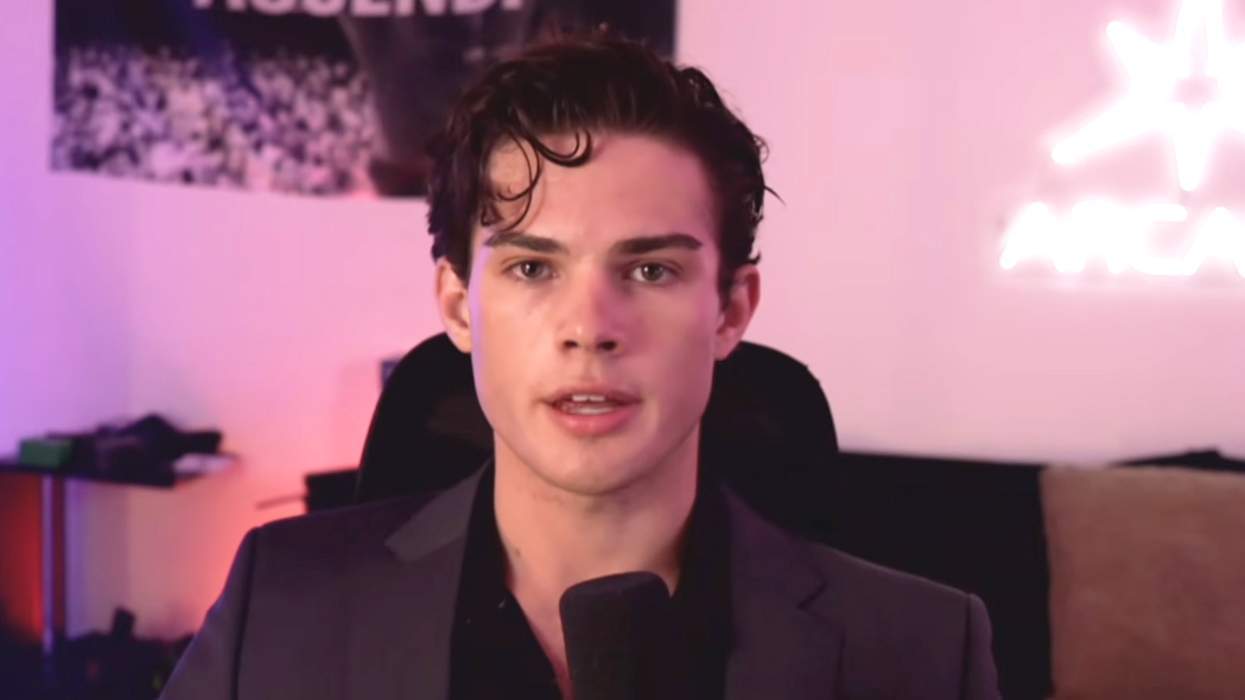
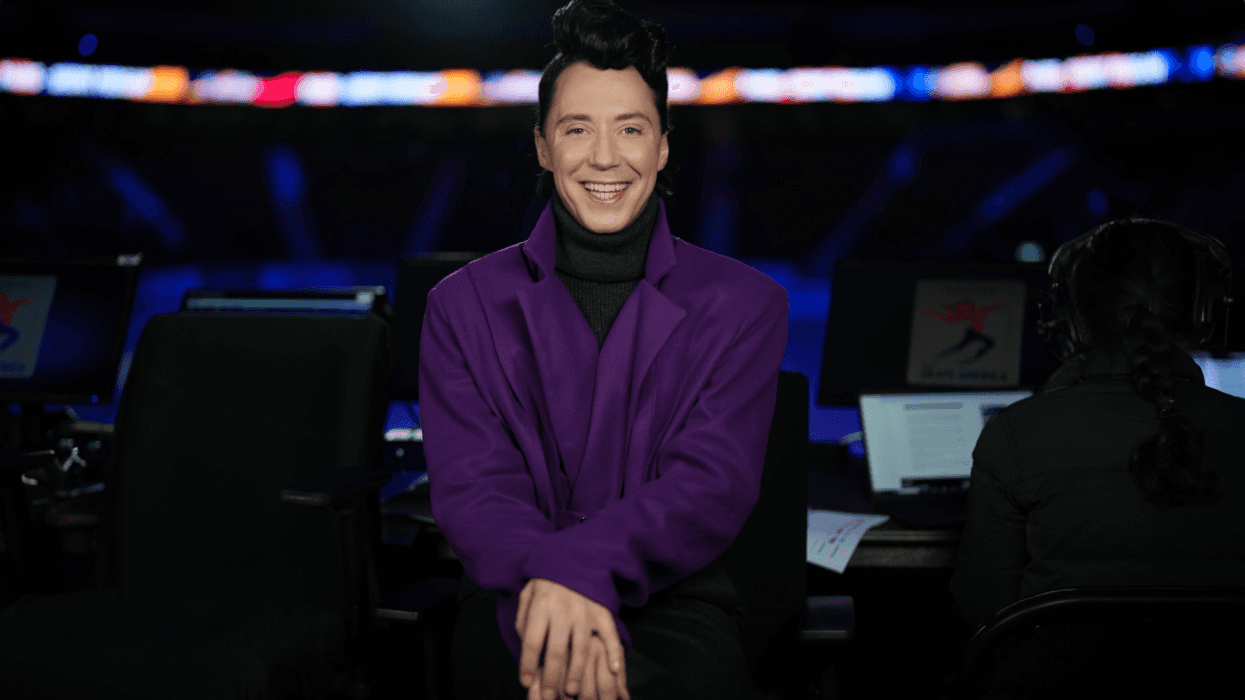
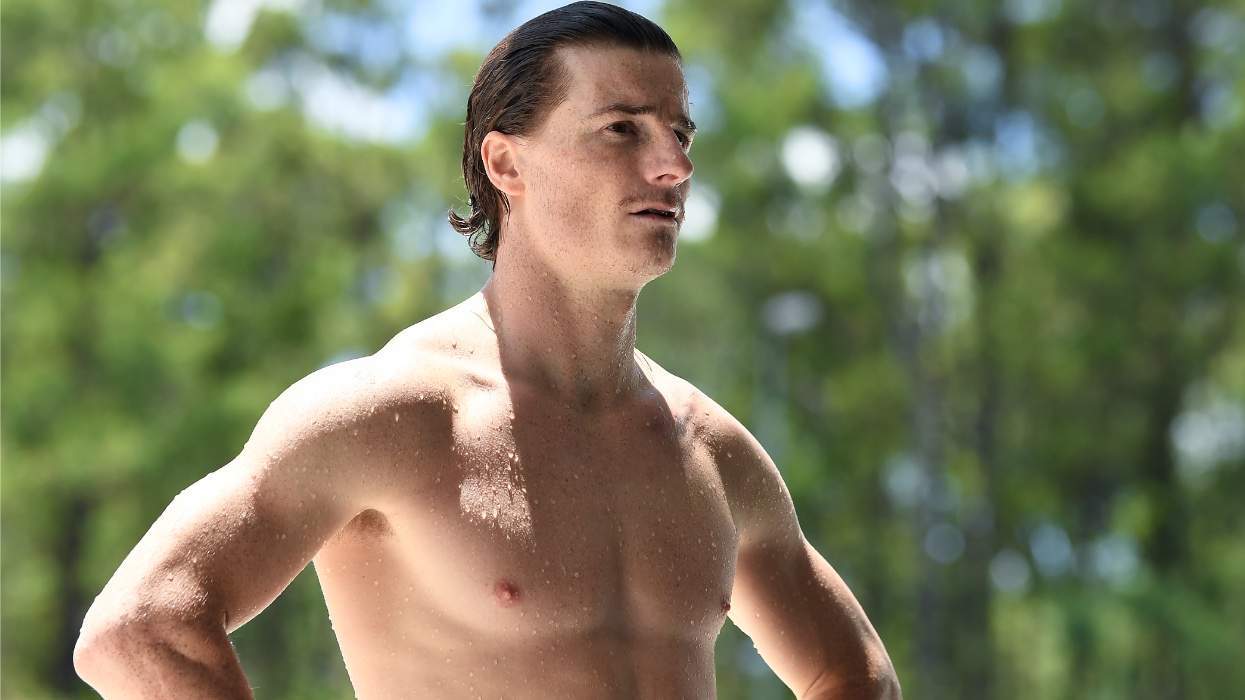
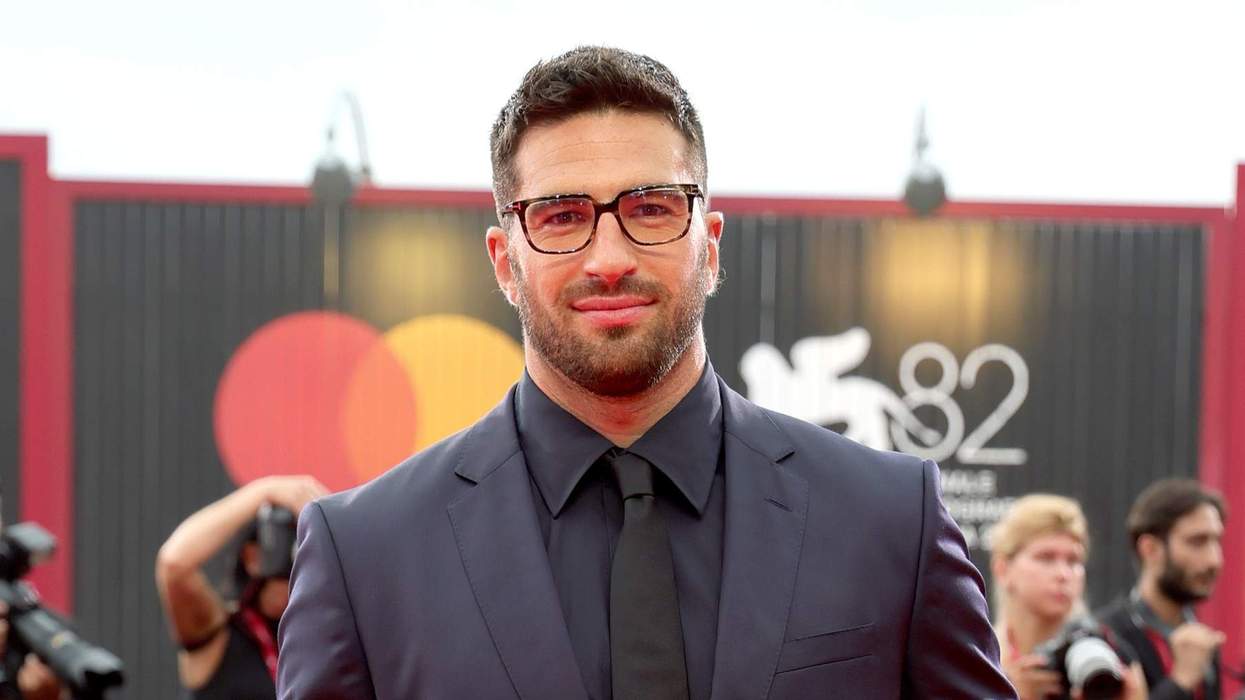




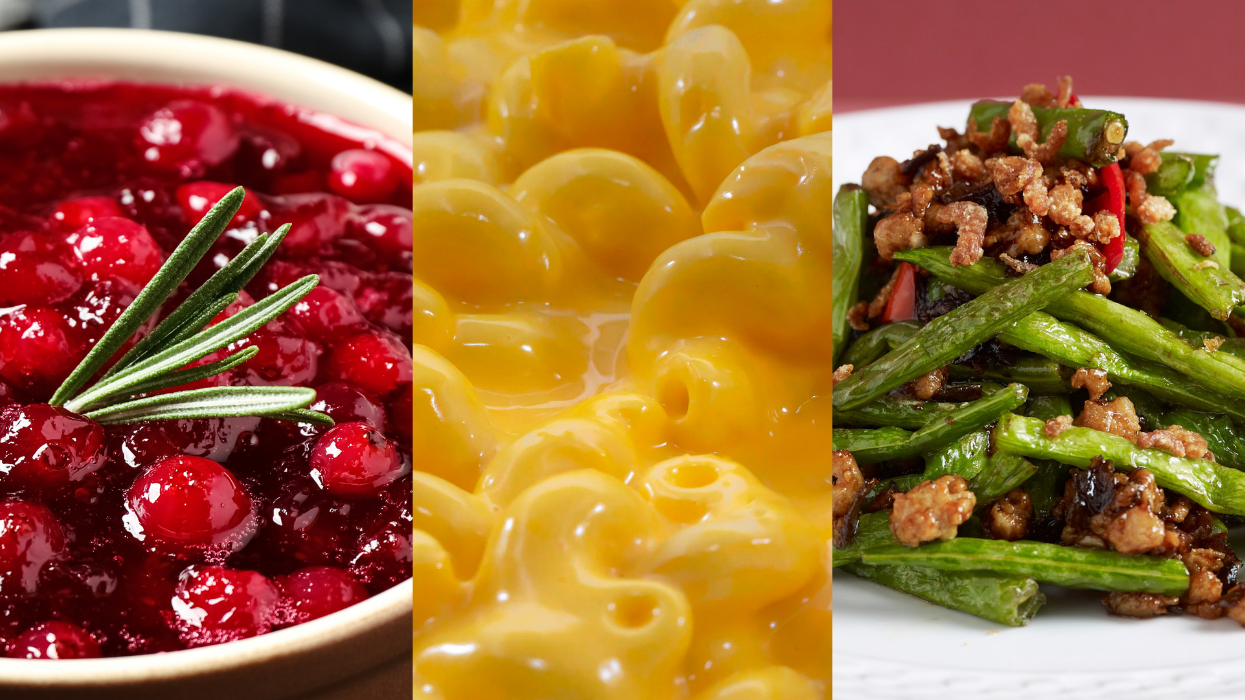
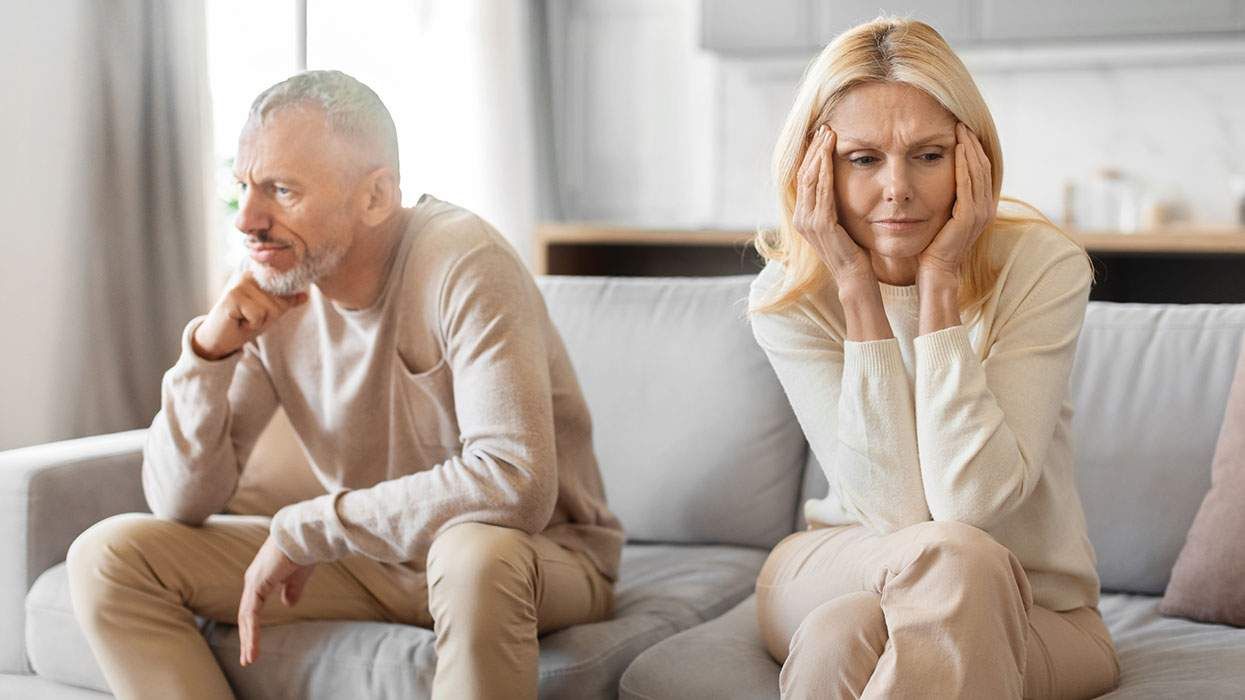






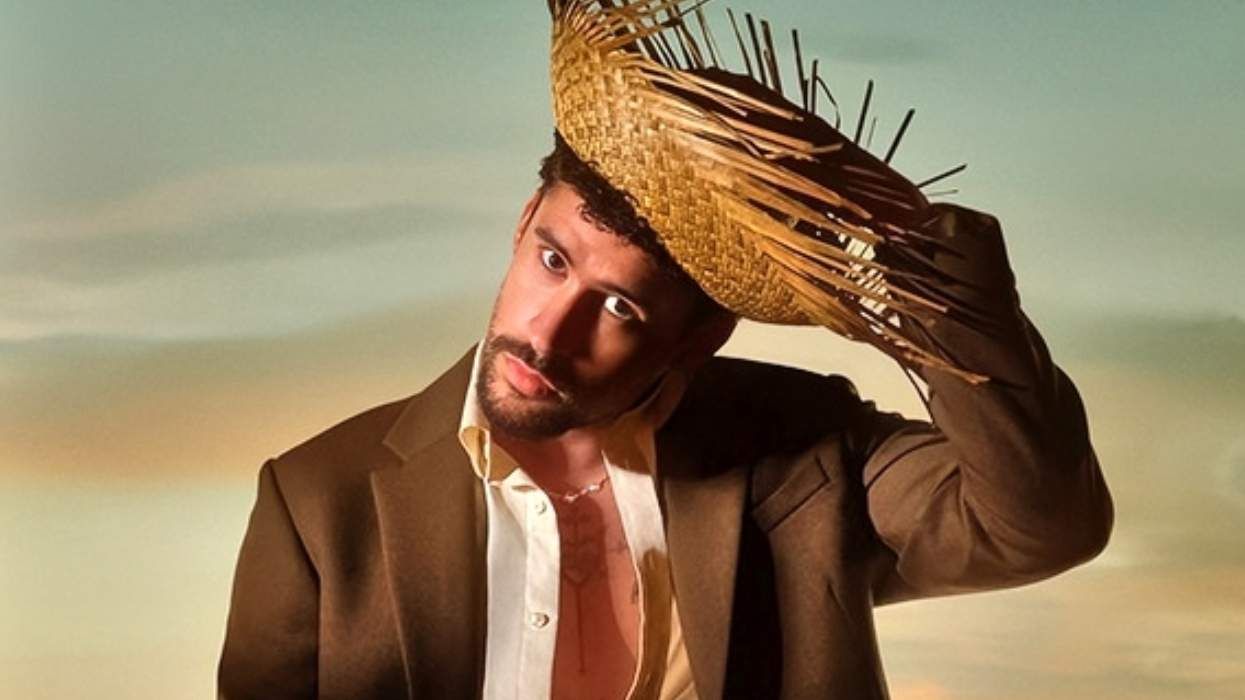
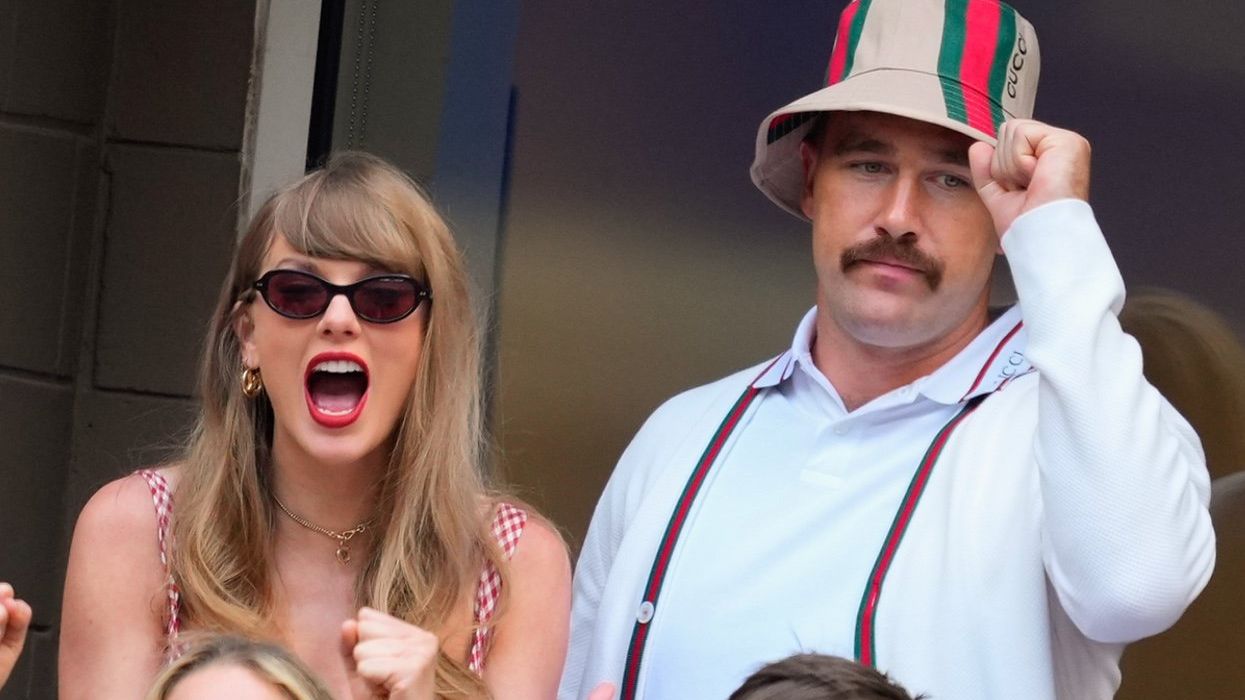
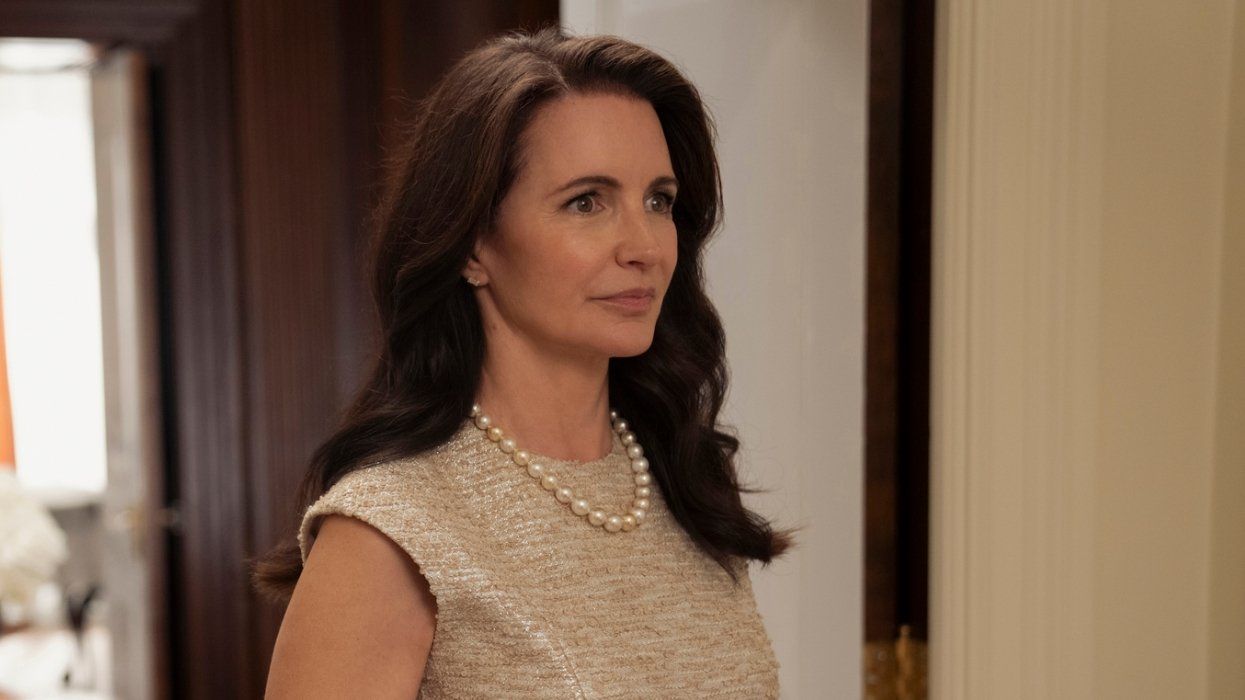
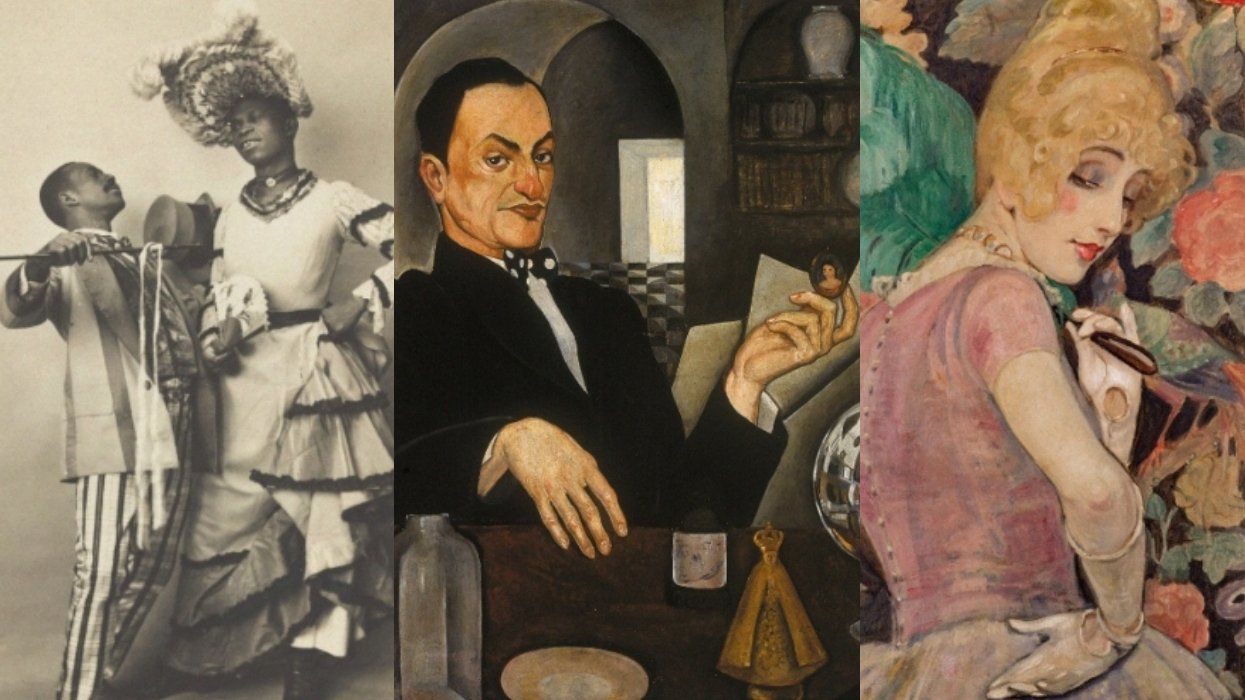


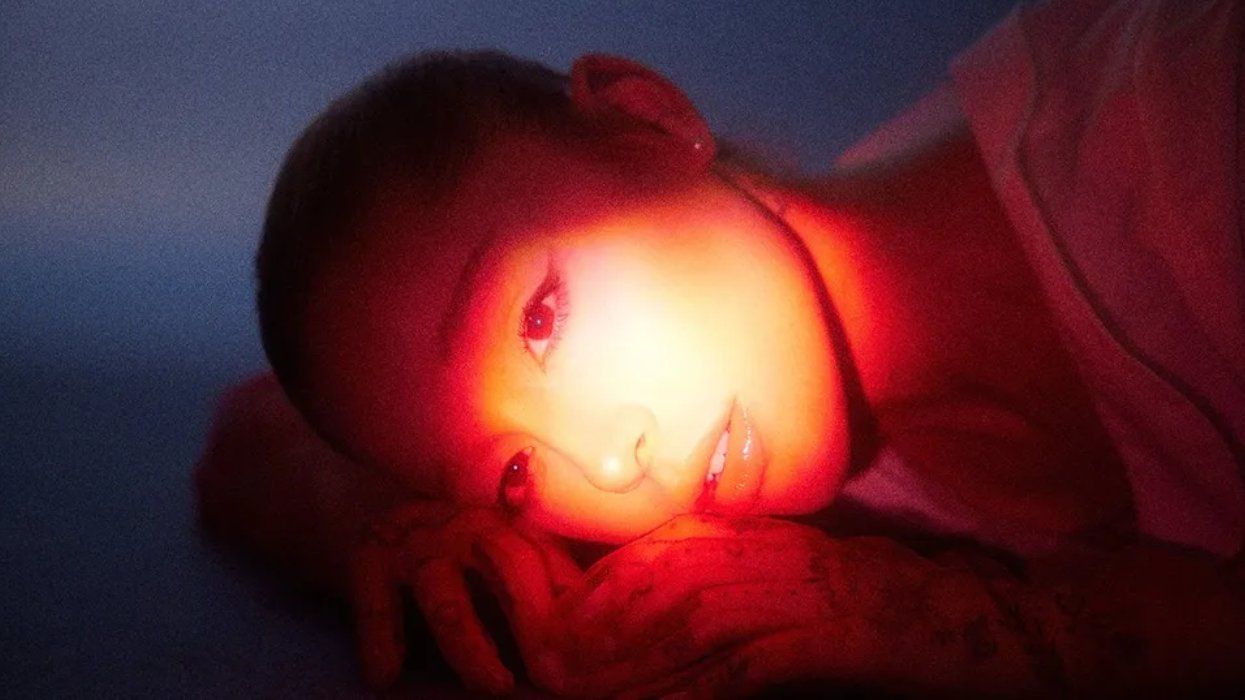
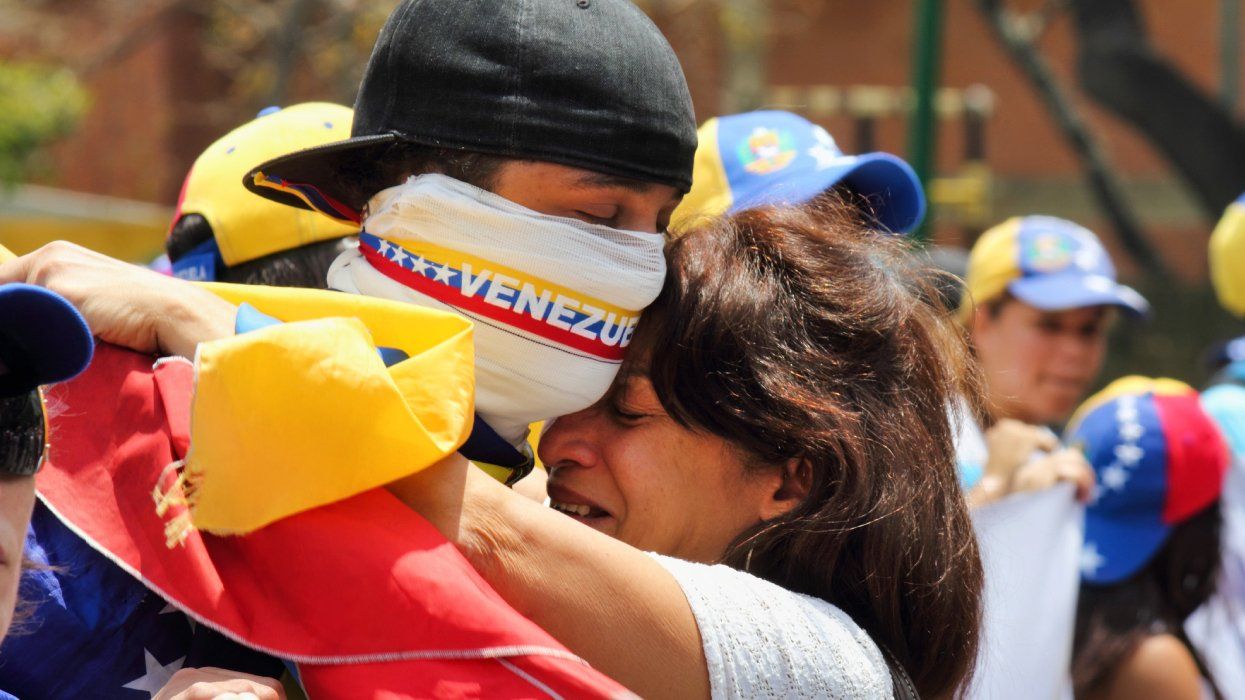
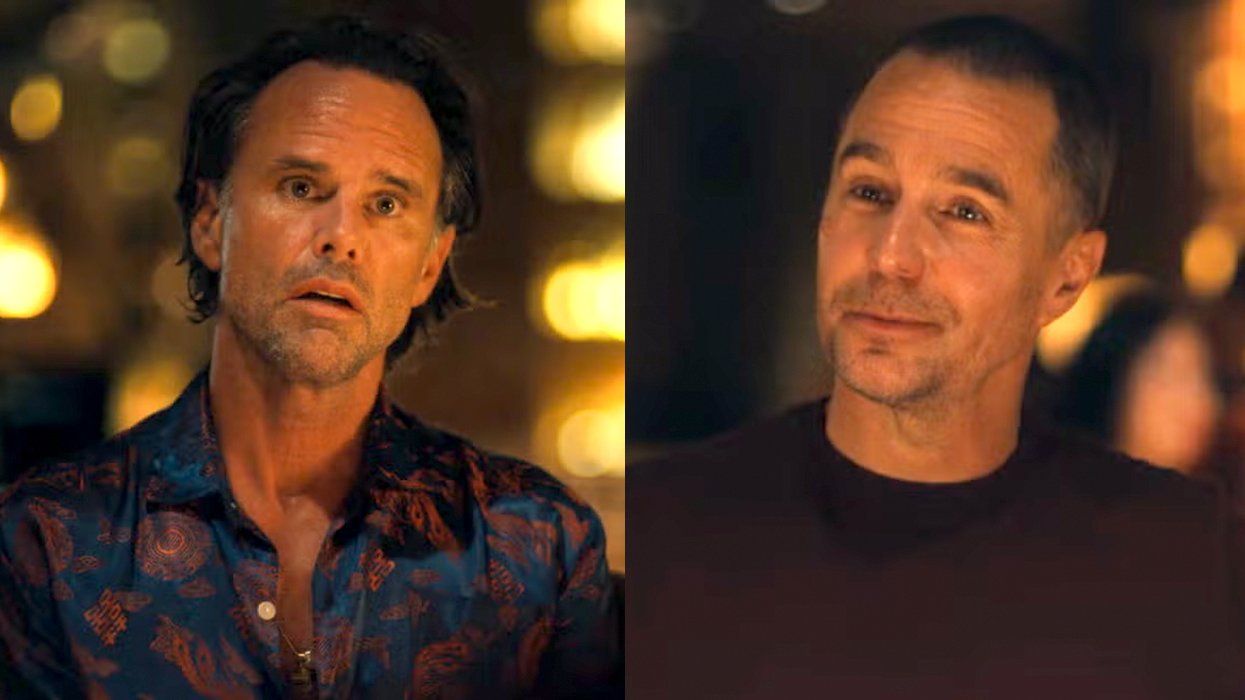

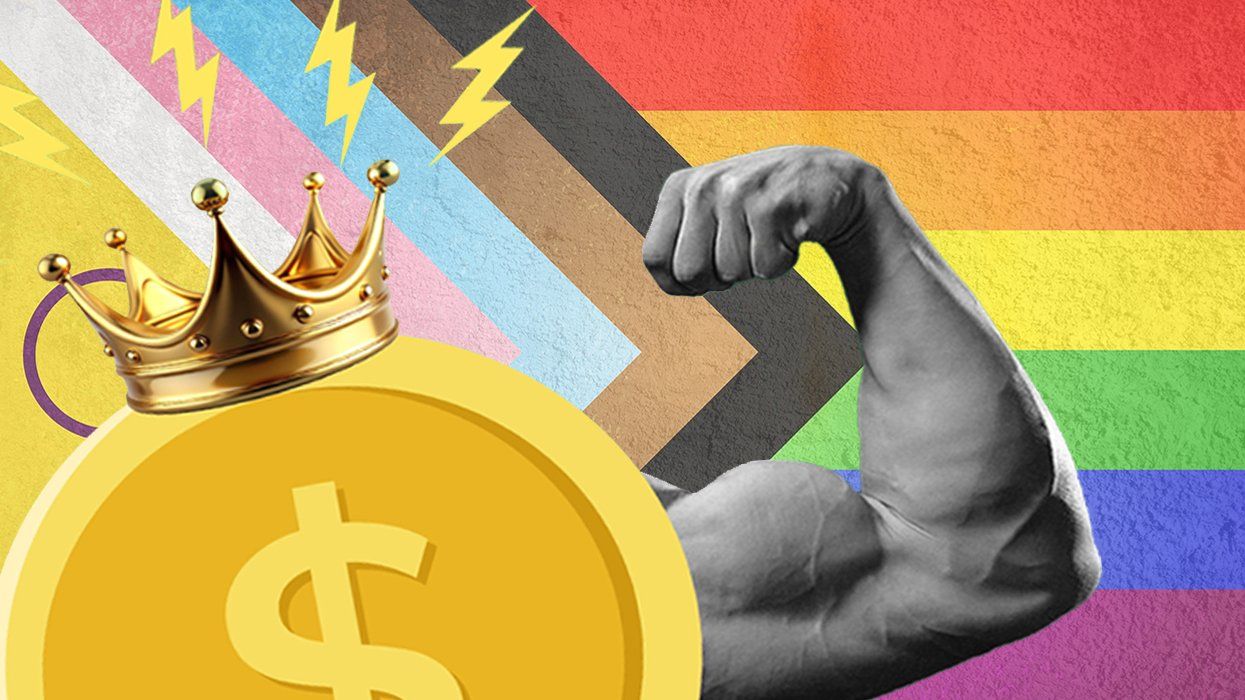
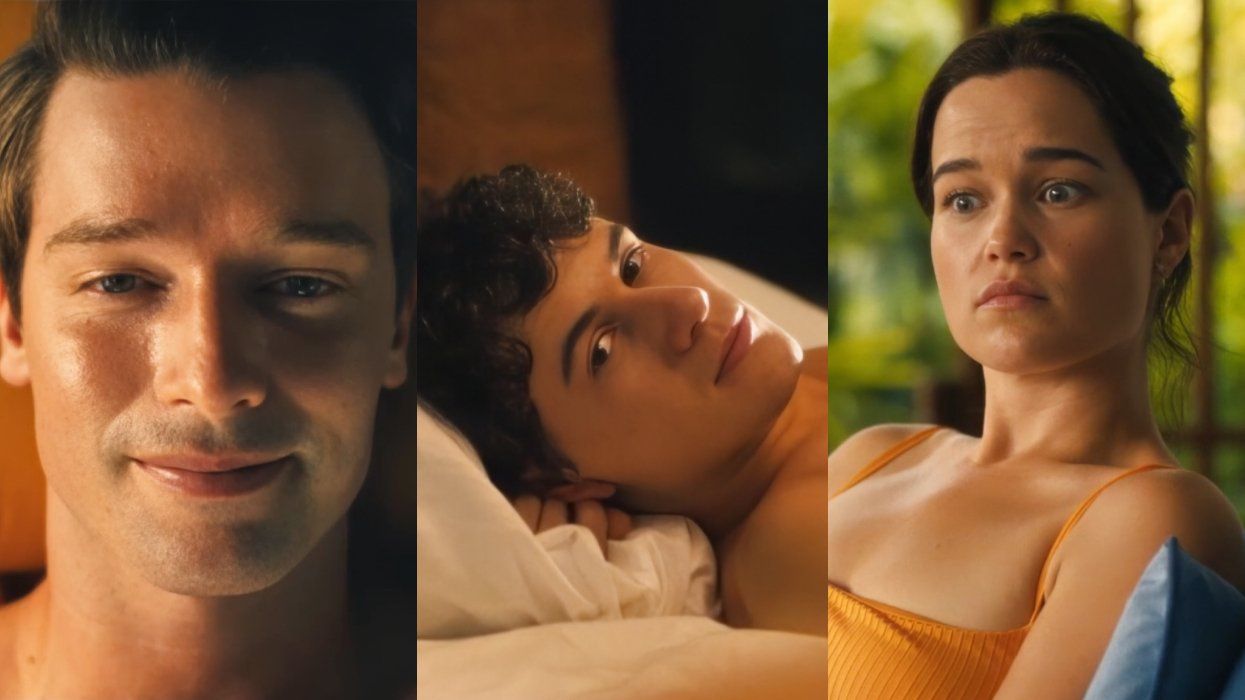
Why I’m Fighting Jamaica For the Right to Marry My Husband
I married my husband eight years ago. Now I'm fighting Jamaica to recognize our love.